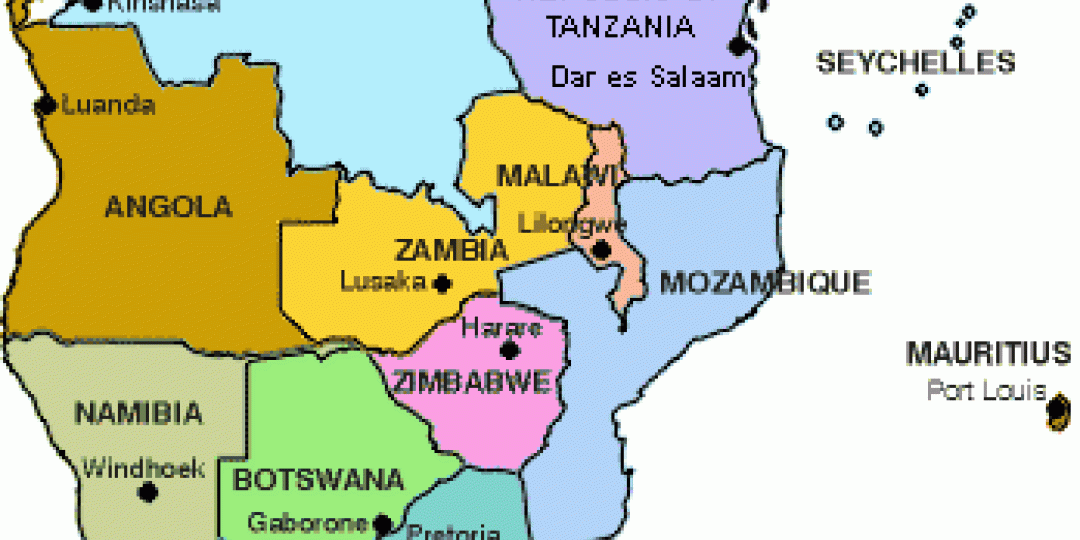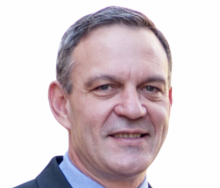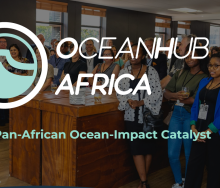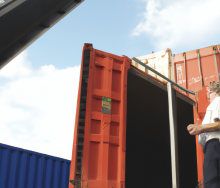Shippers and their agents need to take a number of factors into account when selecting a corridor. In the Southern African context, few of these factors are static, and regular reviews are recommended.
Logistics should be seen as more than moving goods from one point to another – the efficiency of a logistics chain differentiates companies from their competitors.
The Saudi Industrial Development Fund has published a handy guide, which recommends that a logistics strategy should be informed by three main objectives:
- Cost reduction
- Capital reduction
- Service Improvement
Cost reduction is directed towards minimising the variable costs associated with the movement and storage of goods. Costs can be saved by using a different warehouse or changing the mode of transport, carrier or route. Service levels typically are held constant while cost-minimising alternatives are analysed. Profit maximisation is the prime goal.
Capital reduction is directed towards minimising the level of investment in the logistics system in order to maximise return on investment. Examples include shipping directly to customers to avoid warehousing costs, choosing less expensive external warehousing facilities, selecting a 'just-in-time' stocking approach, or using third-party providers of logistics services.
Service improvement strategies usually recognise that revenues are a function of the level of logistical services provided. Although increased levels of logistical customer service may come at a higher price, increased revenues could offset the greater costs. (Awal, 2010)
All these factors can come into play when Southern Africanshippers select a logistics chain thanks to the investments being made in roads, rail and port infrastructure in the region. It is recommended that shippers do not work on assumptions based on dated information and experiences.
What is vital is the land-side infrastructure and linkages. Ngqura, for example, is a world-class port but does not have the cost-effective rail linkages required to make it a true hub.
Source: Now Media/Ed Richardson










